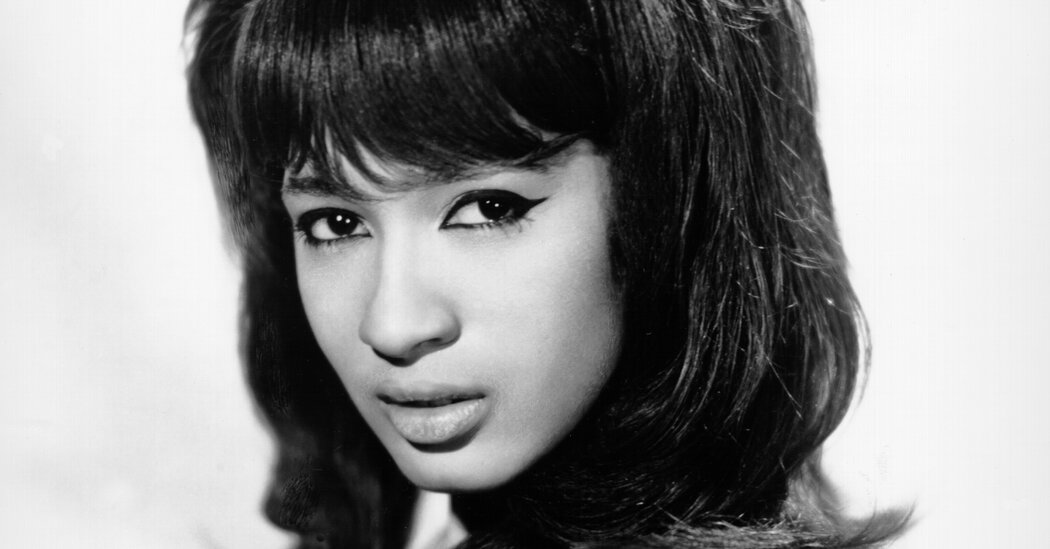
Ronnie Spector, the lead singer of the Ronettes, the 1960s vocal trio that gave a passionate, bad-girl edge to pop’s girl-group sound with hits like “Be My Baby” and “Baby, I Love You,” died on Wednesday. She was 78.
She died after “a brief battle with cancer,” according to a statement from her family, which gave no further details.
With high-piled hair, tight clothes and seductive looks, the three young women of the Ronettes — Ronnie, born Veronica Bennett; her sister, Estelle; and their cousin Nedra Talley — transformed the virginal model that had defined female pop groups since the 1940s.
And in songs like “Be My Baby,” a No. 2 hit in 1963, they sang with thin but powerful voices of street-smart romance (“We’ll make ’em turn their heads everyplace we go”), over the swelling “wall of sound” production of Phil Spector.
The song became an icon of 1960s pop that seemed to reveal both innocence and grit, and it earned constant admiration from fellow musicians.
Keith Richards of the Rolling Stones, in his speech inducting the Ronettes into the Rock & Roll Hall of Fame in 2007, described hearing the group warming up backstage when they shared touring bills in the 1960s. “They could sing all their way right through a wall of sound,” he said. “They didn’t need anything.”
Brian Wilson of the Beach Boys, who modeled his own work as a producer after that of Mr. Spector, recalled in 2013: “I was driving and I had to pull over to the side of the road — it blew my mind. I started analyzing all the guitars, pianos, bass, drums and percussion. Once I got all those learned, I knew how to produce records.”
The song appeared in Martin Scorsese’s “Mean Streets,” the 1987 TV hit “Moonlighting” and the title sequence of “Dirty Dancing,” a placement that gave the film’s producer “gooseflesh.”
Later, Ms. Spector detailed the abuse she endured while married to Mr. Spector. When the group was inducted into the Rock Hall, they pointedly did not mention their former producer.
A full obituary will be published shortly.




